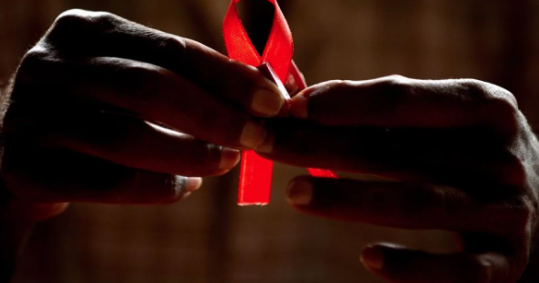Researchers have estimated that the cost of producing a new HIV drug, currently priced at over $40,000 per person annually, could be reduced to as low as $40.
The drug, Lenacapavir, developed by US pharmaceutical company Gilead, is considered a potential breakthrough in HIV treatment. It has shown 100 percent effectiveness in preventing HIV infection during early trials and requires only two injections per year, compared to the daily pills required by existing treatments.
Andrew Hill, a researcher at Liverpool University, described the drug as akin to a vaccine. The current cost for patients exceeds $40,000 annually in countries such as the United States, France, Norway, and Australia.
Hill presented research at the International AIDS Conference in Munich on Tuesday, suggesting that if Gilead permitted the production of cheaper generic versions, the cost of a year’s supply could be as low as $40—1,000 times less than the current price.
This estimate is based on production volumes for treating 10 million people. Hill noted that if the drug were made available to high-risk populations—such as gay or bisexual men, sex workers, prisoners, or young women in Africa—it could significantly reduce HIV transmission.
“We could actually control the epidemic.”
According to the World Health Organization, there were 1.3 million new HIV infections last year, and 39 million people are currently living with the virus.
The research team estimated the reduced cost of the drug by examining shipments of its raw materials and consulting with large generic manufacturers in China and India who produce its components.
Hill noted that their previous cost estimates for similar drugs had been accurate. For instance, a decade ago, they predicted that Gilead’s hepatitis C drug, then priced at $84,000 per patient, could drop to $100 if generics were allowed. The current cost for curing hepatitis C is now just under $40.
The announcement of the research follows a call from UNAIDS chief Winnie Byanyima for Gilead to make Lenacapavir available through the UN-backed Medicines Patent Pool. This move would enable the production and sale of generic versions in low- and middle-income countries. Byanyima urged Gilead to “make history” by facilitating broader access to the drug.
Gilead has indicated that it is in discussions with governments and organizations to address access issues but has not disclosed its pricing plans for developing countries or the potential availability of generic versions.



